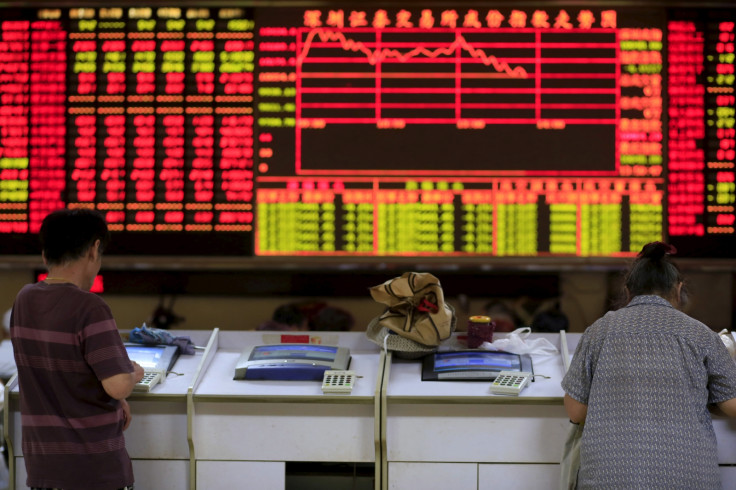Asian markets mixed following Bank of Japan's less than expected stimulus announcement
The Japanese central bank modestly increases purchases of exchange-traded funds.

While Asian stock markets traded mixed on 29 July (Friday), the Shanghai Composite was down 0.41% at 2,982.06 as of 6.15am GMT, following stimulus announcement by the Bank of Japan (BoJ) which was lower than expected.
The Japanese central bank eased its monetary policy by increasing the purchases of exchange-traded funds. While this was a modest increase, it did not step up the pace of other purchases including Japanese government bonds. The BoJ also kept the interest rates it charges on excess amounts deposited with it by other financial institutions, steady at 0.1%.
"The BOJ did not live up to expectations. Increasing ETF purchases makes no contribution to achieving 2 percent inflation. The BOJ won't admit it, but it has reached the limits of quantitative easing and negative rates," Norio Miyagawa, senior economist at Mizuho Securities was quoted as saying by Reuters.
"This was a huge disappointment for the market and [weakness] could last for a couple of days. The decision has put [pressure] on equities," Margaret Yang, a market analyst at CMC Markets, was quoted as saying by The Wall Street Journal.
Indices in the rest of Asia traded as follows on 29 July at 6.22am GMT:
| Country | Index | Price | Up/Down | %Change |
| Hong Kong | Hang Seng Index | 21,983.79 | DOWN | 0.86% |
| Japan | Nikkei 225 | 16,569.27 | UP | 0.56% |
| South Korea | KOSPI | 2,016.19 | DOWN | 0.24% |
| India | CNX Nifty | 8,659.95 | DOWN | 0.07% |
| Australia | S&P/ASX 200 | 5,562.30 | UP | 0.10% |
Overnight (28 July), the Dow Jones Industrial Average closed at 18,456.35, down 0.09%, while the FTSE 100 closed at 6,721.06, down 0.44%.
Among commodities, the disappointing BoJ stimulus put pressure on oil prices which slipped to near three-month lows. While WTI crude oil was trading lower by 0.56% at $40.91 (£31.01; €36.90) a barrel, Brent crude was trading 0.44% lower at $42.51 a barrel as of 6.27am GMT.
© Copyright IBTimes 2025. All rights reserved.





















